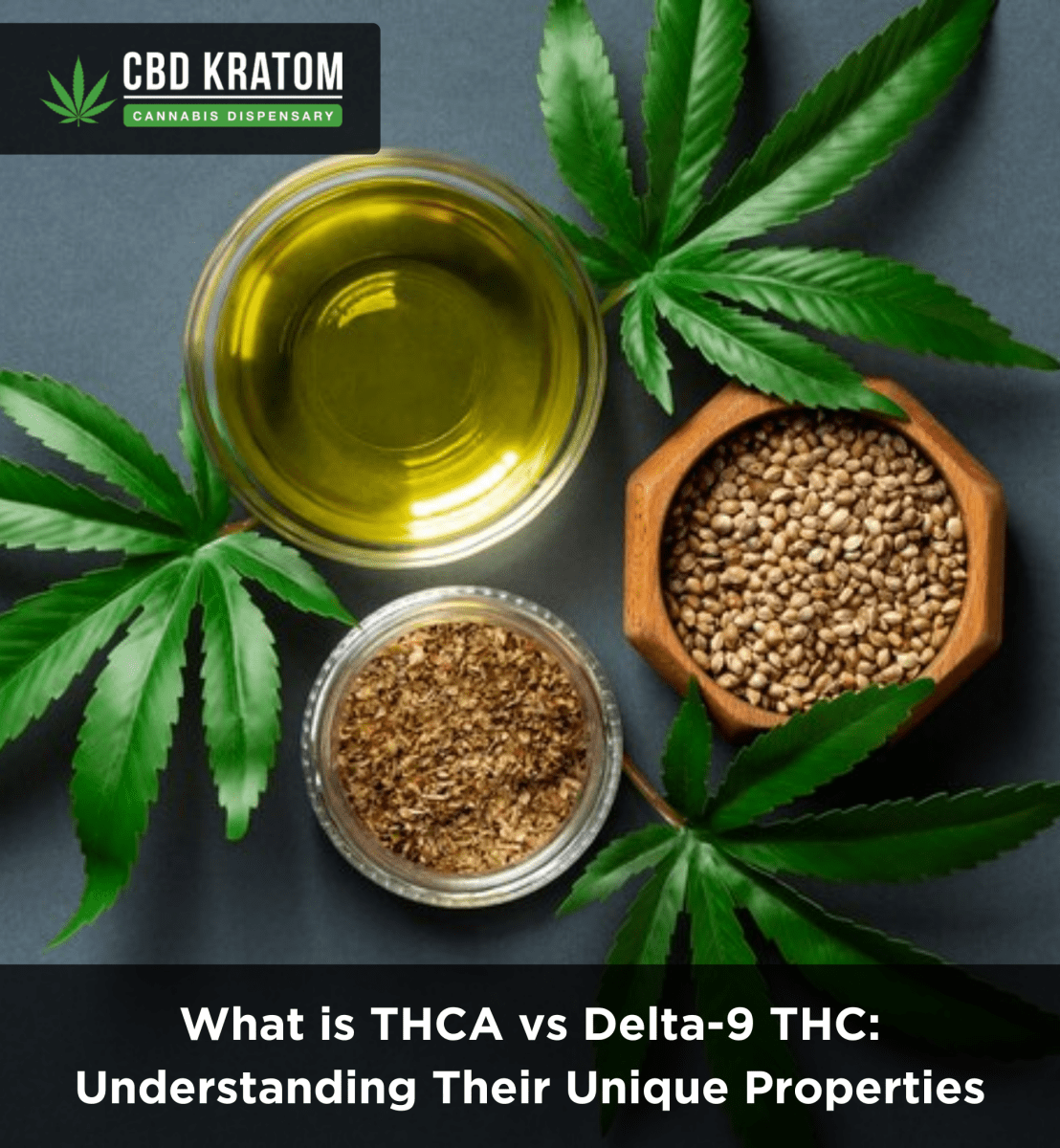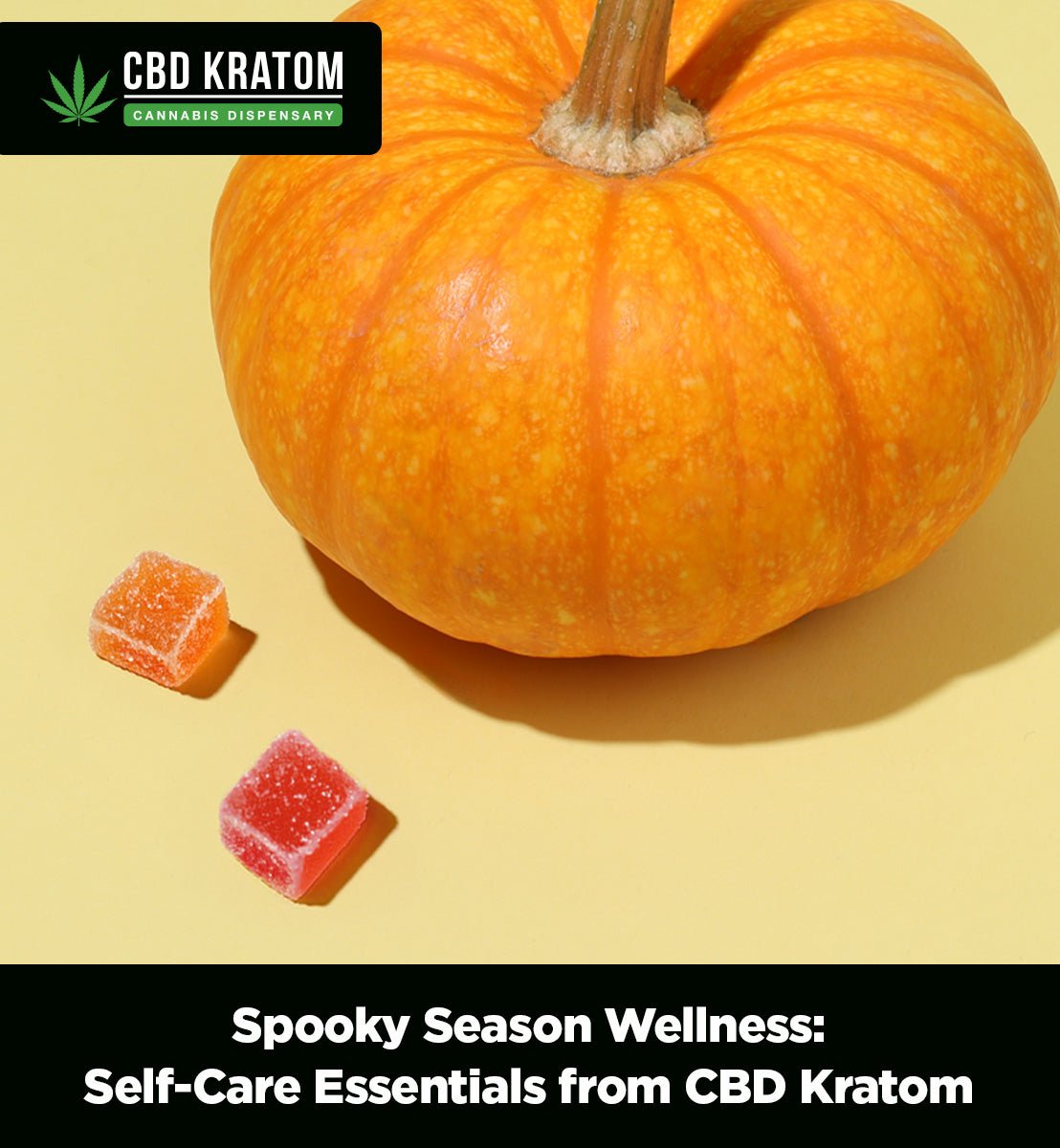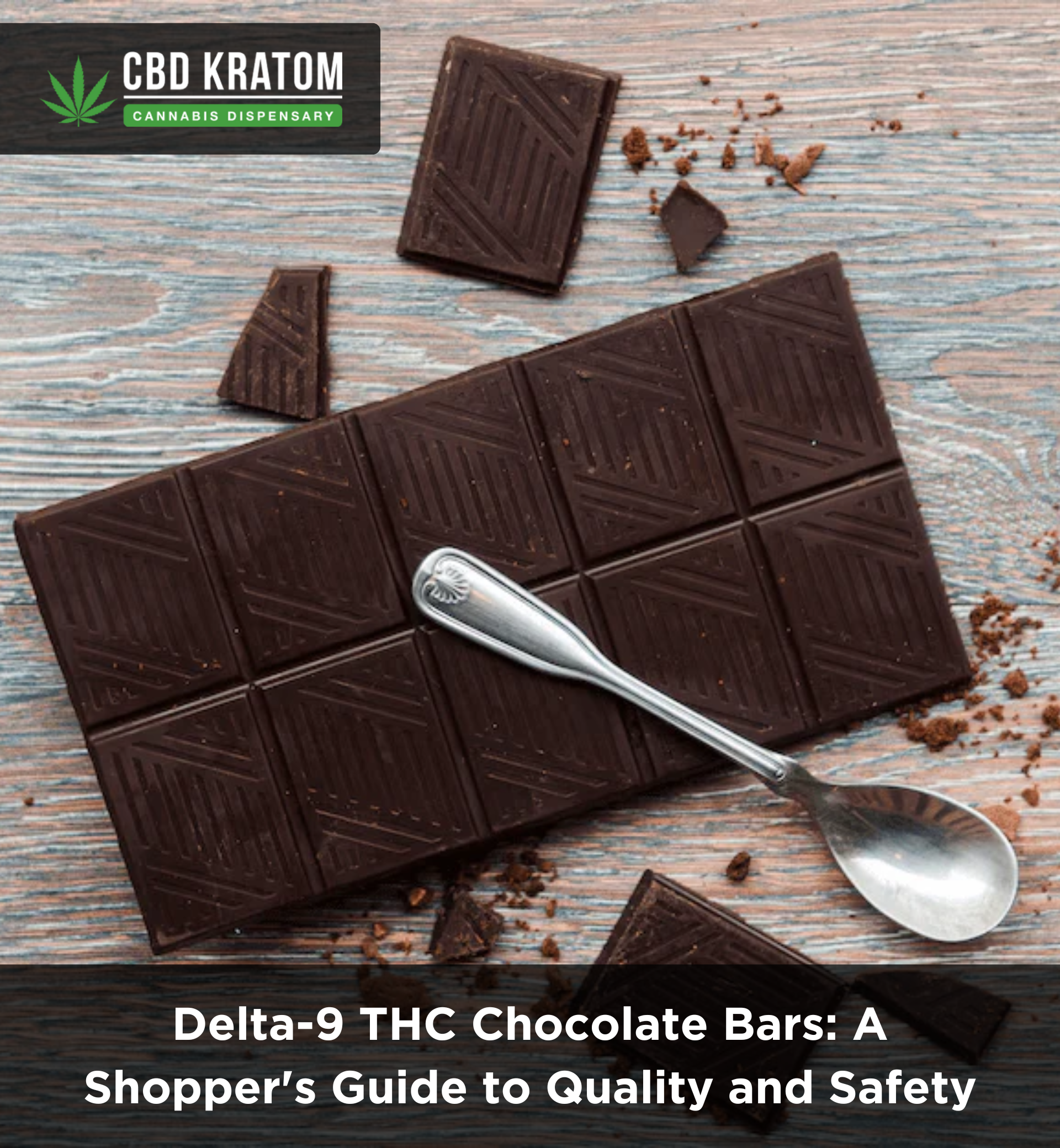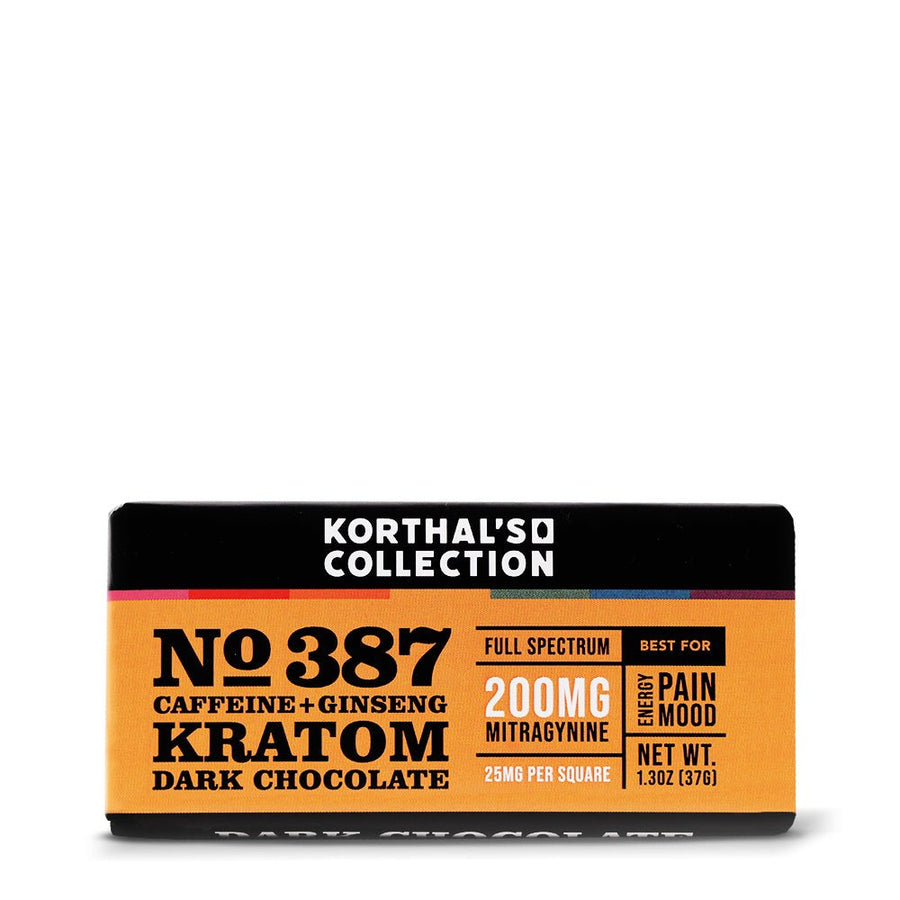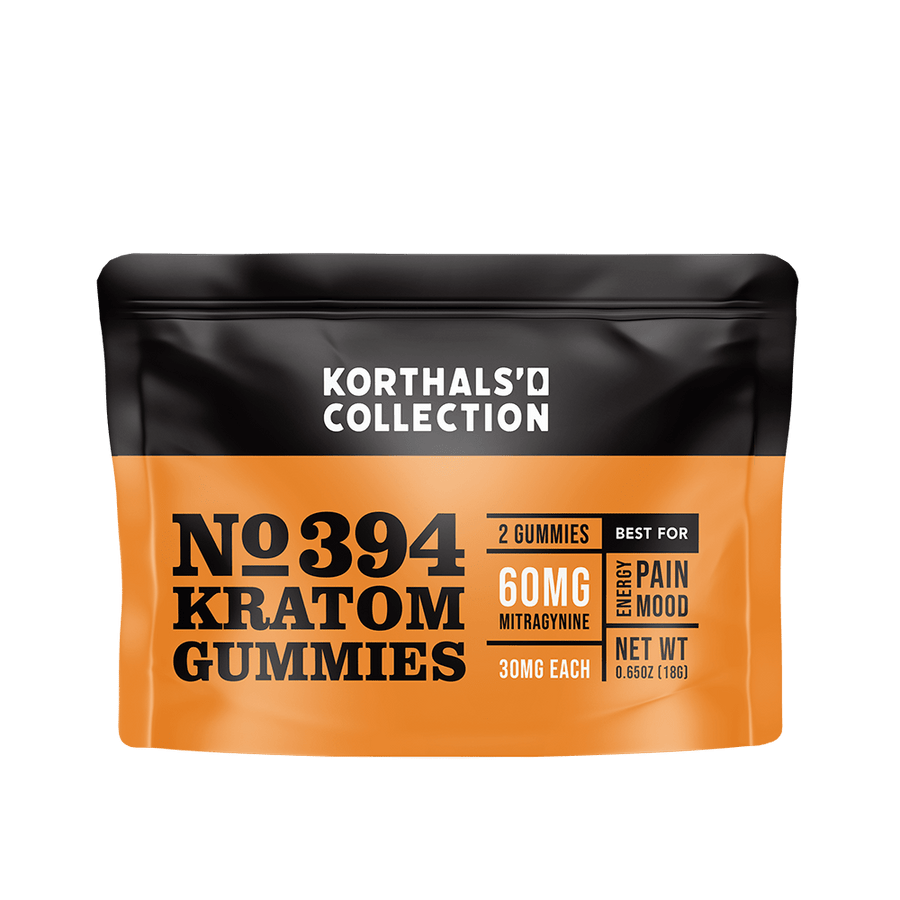There are hundreds of compounds in cannabis that contribute to the plant's diverse effects and benefits. THCA (tetrahydrocannabinolic acid) and Delta-9 THC (Delta-9-tetrahydrocannabinol) stand out. Both are pivotal in the cannabis world, but they exhibit distinct properties and effects.
This article delves into the differences and similarities for “THCA vs Delta-9 THC”, their legal status, and which might be better suited for different purposes.
What is THCA: The Hidden Gem of Cannabis

THCA, or tetrahydrocannabinolic acid, is a cannabinoid found mainly in raw, live cannabis. It is the precursor to Delta-9 THC and is abundant in growing cannabis plants and freshly harvested material.
Unlike Delta-9 THC, THCA does not produce euphoric effects in its raw form. To activate its properties, THCA must undergo decarboxylation, a process of heating that converts it into Delta-9 THC.
This transformation happens naturally, as cannabis dries and cures, and also occurs when cannabis is heated during ingestion, such as when smoking or vaporizing.
THCA is crucial for both customers and professionals in the cannabis industry. It underscores the cannabinoid’s potential applications and effects depending on its state. You can shop THCA products online.
What is Delta-9 THC: The Heart of Cannabis' High

Delta-9 Tetrahydrocannabinol, or Delta-9 THC, is the primary compound in cannabis, famous for producing the characteristic ‘high’. Check out our Delta-9 THC products to enhance your wellness.
Delta-9 THC differs from its precursor, THCA, which becomes active only through decarboxylation. The effects of Delta-9 THC can vary widely depending on individual factors. Understanding these variables is crucial for managing the impact of this potent cannabinoid.
Delta-9 THC is also available in various forms, including Delta-9 THC gummies, chocolates, powder, and many more.
What are the Differences Between THCA and Delta-9 THC?
1) Chemical Structure
THCA and Delta-9 THC are chemically similar, differing mainly by a carboxylic acid group present in THCA.
Delta-9 THC, a non-acidic compound, has a lower molecular weight and is more stable. THCA, however, is less stable and easily decarboxylates, losing its carboxyl group with heat, oxygen, or age.
At temperatures above 230°F (110°C), THCA converts to Delta-9 THC. Due to this conversion, the weight changes; THC weighs 87.7% of THCA. That means 5 mg of THCA will yield approximately 4.4 mg of Delta-9 THC after decarboxylation, plus any existing THC.
2) Commercial Availability
If you live in a state where marijuana is legal, Delta-9 THC products are more accessible than THCA derived from hemp. You will find a wider variety of options, including THC carts, disposable vapes, edibles, and tinctures. The products include Delta-9 THC chocolate bars and more.
Delta-9 THC is also more chemically stable than THCA. While poor storage can convert THC into CBN over time, this process is slow and would not affect your experience when vaping or smoking.
THCA rapidly converts to Delta-9 THC when exposed to heat. By the time vapor reaches your lungs, THCA has already transformed into THC. Producing truly THCA-rich hemp products is challenging because conversion typically occurs during the manufacturing process which involves heat.
THCA products are generally available as buds, capsules, or tinctures. To benefit from its unique properties, you may ingest it raw by juicing, blending it into smoothies, or adding to salads. Vaping or smoking converts THCA to THC, yielding a standard THC experience.
3) Legality
While some U.S. states are cracking down on THCA, it is federally treated the same as other hemp derivatives under the 2018 Farm Bill. Always check local laws, as some states regulate total THC content rather than just Delta-9 levels.
Hemp products must legally contain under 0.3% Delta-9 THC by dry weight. This restriction applies to hemp buds, tinctures, and edibles containing THCA. Carts and disposable vapes usually comply more easily with THC limits since they often include other cannabinoids.
Creating high-THCA hemp products without exceeding the Delta-9 THC limit requires significant care and patience.
In contrast, marijuana and Delta-9 THC are classified as Schedule-I controlled substances in the United States. Legal Delta-9 THC products can only be purchased in states that explicitly allow them.
How are THCA and Delta-9 THC Similar?

Both THCA and Delta-9 THC originate from the same precursor, CBGA (cannabigerolic acid), often referred to as the "mother of all cannabinoids." Through enzymatic reactions in the cannabis plant, CBGA converts into THCA, CBDA (cannabidiolic acid), and CBCA (cannabichromic acid).
Both compounds are versatile in their applications. THCA can be taken in raw cannabis preparations, tinctures, or capsules, offering benefits without intoxication. Delta-9 THC can be used in various forms, including Kratom edibles, oils, and topicals, providing a wide range of consumption methods to suit different needs and preferences.
Summary: Which is Better: THCA vs. Delta-9 THC
In conclusion, THCA vs Delta-9 THC plays crucial roles in the cannabis world, each offering unique properties and benefits. Understanding their differences and similarities can help individuals make informed decisions about their use, tailored to their health needs and legal considerations.
THCA, the precursor to THC, offers unique benefits without the ‘high,’ making it ideal for those seeking wellness effects. In contrast, Delta-9 THC is renowned for its wellness properties, delivering the best experience cannabis is famous for. We provide edibles, concentrates, beverages, cartridges, and much more.
Determining whether THCA or Delta-9 THC is better depends largely on the individual needs and the desired effects.
THCA might be preferable for those seeking the benefits of cannabis without the psychotropic effects. Delta-9 THC is more suited for wellness properties. Our CBD Kratom products include Amanita, CBD, Delta-8 THC, THC-O, CBN, and many more categories for the best well-being experience.
Frequently Asked Questions
1) Is hemp-derived Delta-9 THC legal?
Hemp-derived Delta-9 THC is legal under the 2018 Farm Bill, provided it contains no more than 0.3% THC by dry weight. However, state laws may vary.
2) Are there any legal concerns with using THCA or Delta-9 THC?
Legal concerns exist as THCA is legal in many forms, but Delta-9 THC legality varies by state. It is essential to check local laws to ensure compliance.
3) Is Delta-9 THC stronger than THCA?
Yes, Delta-9 THC is stronger than THCA. Delta-9 THC is the compound in cannabis responsible for the high, while THCA needs to be heated to convert into Delta-9 THC. This conversion increases its strength and wellness effects.

